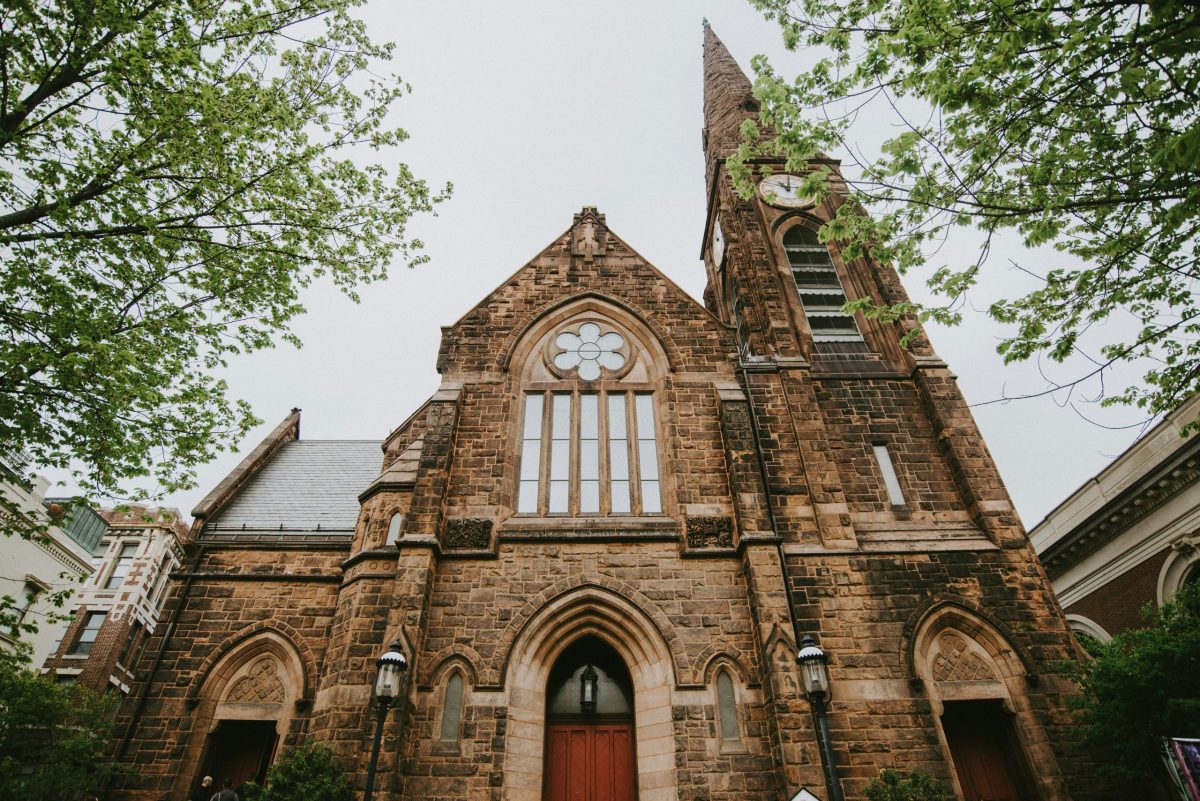Saint Cyprian 3rd Century Bishop of Carthage
Saint Cyprian was born about 210 and died on September 14, 258. He was a bishop of Carthage and an early Christian writer, many of whose Latin works still exist. He was born around the beginning of the 3rd century in North Africa, at Carthage, where he got a classical education. He was a convert to Christianity, and shortly thereafter, he became a bishop in 249. Saint Cyprian was a controversial figure during his lifetime. His strong pastoral skills, firm conduct during the Novatianist controversy and outbreak of the Plague of Cyprian (named for his description of it), and eventual martyrdom at Carthage formed his reputation and proved his sanctity. Have you ever heard of him?
Saint Cyprian Biography

Saint Cyprian was born into a rich family sometime during the early third century. His original name was Thascius; he took the additional name Caecilius in memory of the priest to whom he owed his conversion. Before his conversion, he was accomplished and well-spoken. Saint Cyprian was a leading member of a legal fraternity in Carthage, an orator, a “pleader in the courts,” and a teacher of rhetoric. After a “dissipated youth,” Saint Cyprian was baptised when he was thirty-five years old.
Not long after his baptism, he was ordained a deacon and soon afterwards a priest. Sometime between July 248 and April 249, he was elected bishop of Carthage, a popular choice among the poor who remembered his patronage as demonstrating good equestrian style. However, his rapid rise was not liked by senior members of the clergy in Carthage, an opposition that did not dissipate during the entire time he was the Bishop of Carthage. In the early days of his conversion, he wrote an Epistola ad Donatum de gratia Dei and the Testimoniorum Libri III.
Not long afterwards, the entire community was put to an unwanted test. Christians in North Africa had not suffered persecution for many years; the Church was assured and lax. In early 250, the Decian persecution began. Emperor Decius issued an edict, the text of which is lost, ordering sacrifices to the gods to be made throughout the Roman Empire. Saint Cyprian chose to go into hiding, rather than face potential execution.
In late 256, a new persecution of the Christians broke out under Emperor Valerian, and Pope Sixtus II was executed in Rome. On September 13, 258, Saint Cyprian was imprisoned on the orders of the new proconsul, Galerius Maximus. The public examination of Cyprian by Galerius Maximus, on September 14, 258, was saved, and Cyprian welcomed his execution.
Saint Cyprian believed in infant baptism and infant communion. The former is what we do now, so he was way ahead of his time. Cyprian, however, spoke against the efficacy of baptism performed by heretics and insisted on their rebaptism, and he also believed that the Eucharist cannot be properly consecrated outside the Church.
He was one of the earliest of the Church Fathers to clearly and unambiguously state the doctrine of baptismal regeneration (“the idea that salvation happens at and by water baptism duly administered”): “While he attributed all the saving energy to the grace of God, he considered the ‘laver of saving water’ the instrument of God that makes a person ‘born again,’ receiving a new life and putting off what he had previously been. The ‘water of new birth’ animated him to new life by the Spirit of holiness working through it.”
Conclusion
Churches were erected over Saint Cyprian’s tomb and over the location of his death. In later centuries, however, these churches were destroyed by the Vandals. The graves of such saints as Cyprian and Martin of Tours came to be regarded as “contact points between Heaven and Earth”, and they became the centres of new Christian urban communities. A surviving homily from Saint Augustine on Cyprian’s feast day indicates that his following was widespread throughout Africa. Charlemagne is said to have had the bones transferred to France, and Lyons, Arles, Venice, Compiègne, and Rouen in Flanders all have claimed to possess part of the martyr’s relics.





